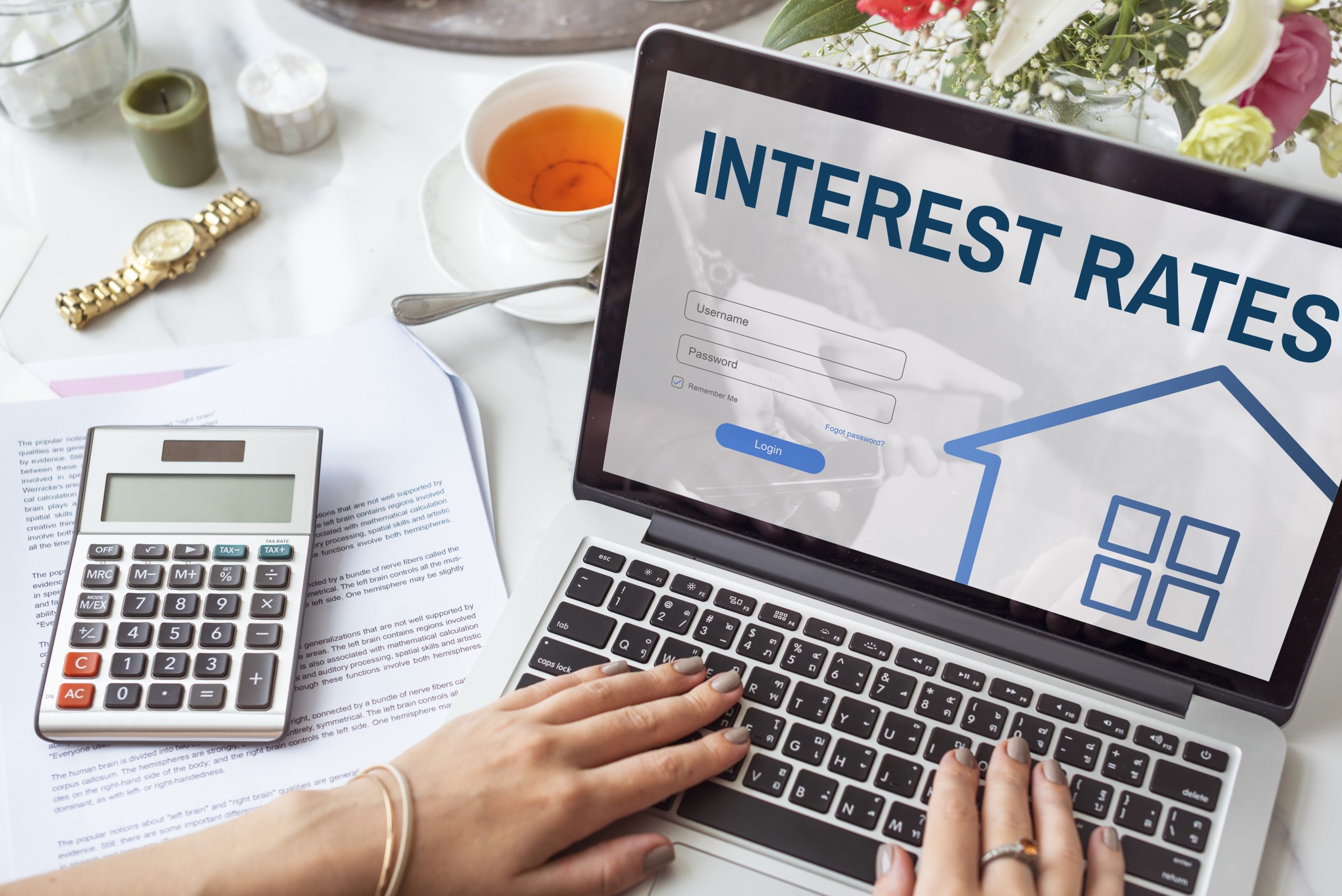Ah, interest rates—one of life’s most confusing yet critical financial decisions. Picking between fixed and variable rates is like deciding whether to get a dog (steady companion) or a cat (unpredictable, but charming). Both have their pros and cons. Let’s break it down.
What Are Fixed and Variable Interest Rates?
- Fixed Interest Rate:
This is the “steady Eddie” of loan options. Your rate stays the same for the life of the loan. Predictable, reliable, and about as exciting as watching paint dry—but hey, it gets the job done. - Variable Interest Rate:
This one’s the wild card. The rate fluctuates based on the market, like a rollercoaster you didn’t know you signed up for. It can be thrilling when rates drop, but not so fun when they spike.
Pros of Fixed Interest Rates
- Predictability is Your BFF
With fixed rates, what you see is what you get. Your monthly payments are like a loyal Netflix subscription—same price every month (until the market changes, but you’re unaffected). - Budgeting Made Easy
Fixed rates make planning simple. No surprises mean you can focus on more exciting things, like saving for vacations or splurging on fancy coffee. - Great for Long-Term Loans
If you’re taking out a mortgage or a loan with a term longer than your New Year’s resolutions, fixed rates give you peace of mind.
Cons of Fixed Interest Rates
- Potentially Higher Rates
Fixed rates tend to start higher than variable rates. It’s the price you pay for stability—like buying travel insurance. - Missing Out on Market Drops
If interest rates plummet, you’re stuck paying your higher rate. It’s like being locked into cable TV while everyone else is streaming for cheap.
Pros of Variable Interest Rates
- Lower Initial Rates
Variable rates usually start lower than fixed rates, making them attractive to budget-conscious borrowers. It’s like a sale on your loan! - Opportunity to Save
If market rates drop, your monthly payments could decrease. It’s like getting a surprise discount on something you already bought. - Short-Term Flexibility
Variable rates are often better for short-term loans or if you plan to pay off the loan quickly.
Cons of Variable Interest Rates
- Uncertainty Is Stressful
Your rate can change, which means your monthly payments can increase. Budgeting becomes a game of financial Tetris. - Risk of Rising Rates
If market rates increase significantly, you could end up paying much more over the life of the loan. - Not Ideal for Long-Term Loans
Over decades, the unpredictability of variable rates can lead to financial headaches—and potentially ulcers.
So, Which Should You Choose?
- Go Fixed If…
You love stability, hate surprises, or plan to keep the loan long-term. Fixed rates are perfect for mortgages, car loans, and people who color inside the lines. - Go Variable If…
You’re a bit of a risk-taker, need a short-term loan, or are confident rates will remain low during your repayment period.
A Final Thought (and a Smile)
Choosing between fixed and variable rates isn’t about what’s better—it’s about what’s better for you. Imagine your loan as a relationship: fixed rates are the dependable partner who brings you coffee every morning, while variable rates are the exciting fling who might surprise you with a trip—or a big credit card bill.
So, what’s your style? Safe and steady, or thrilling and risky? Either way, knowing the pros and cons gives you the power to make the right decision for your financial future.




Leave a Reply